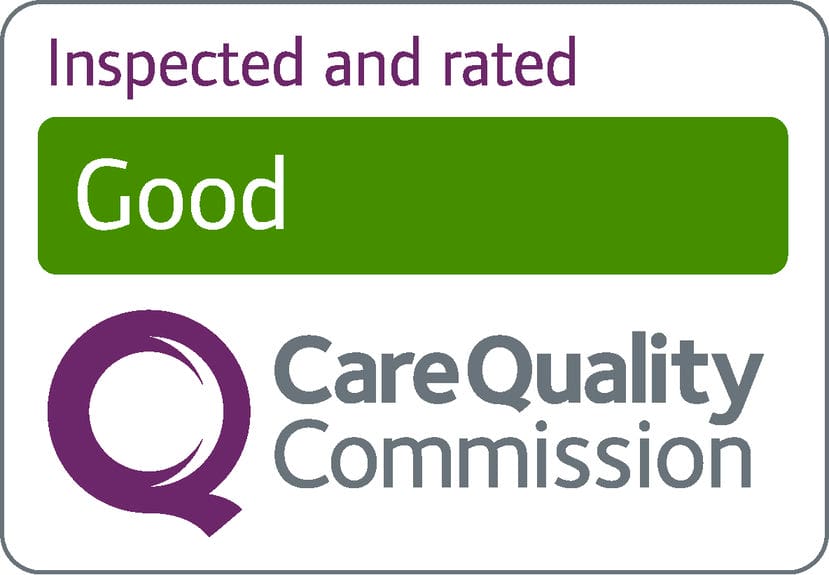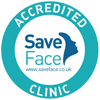We all probably have a scar somewhere on our bodies and no doubt there is a tale to tell about how each scar was come by. We were discussing scarring at The Skin to Love Clinic and thought it would be useful to look at the different types of scars, the effects of scarring on our skin and how to tackle it. A scar is simply a mark left on your skin after a wound, infection, injury or surgery and is a very natural part of the healing process, overtime some scars will flatten out and fade, others may need treatment. Believe it or not, there are many types of scars including, macular, rolling, boxcar, ice pick, atrophic, keloid, hypertrophic, and contracture scars and if you’re out in the sun they will react differently. Some scars won’t tan, so may remain pale and thus be more highlighted if the rest of the skin darkens in the sun. Other scars will tan and, especially if they are already darker than the rest of your skin such as a macular scar, can become even darker which could make them more visible.
Different scar types
Macular scars are flat, brown or red marks on the skin and often appear as a result of acne. Rolling scars are broad depressions in the skin with rounded, soft edges, if several scars are close together, they give the skin a rolling texture, hence the name, and are again often result of acne. Boxcar scars are like rolling scars as they create depressions in the skin but have steeper and defined edges.
If during the healing process the skin tissue goes into overdrive and too much collagen is produced at the site of a wound you may end up with a keloid scar, which basically means that the scar keeps developing even though the initial wound has completely healed. They often spread and continue growing beyond the original wound site and are red and raised in appearance but will in time become paler.
Hypertrophic scars are like keloid in that they are a result of a build-up of excess collagen, they are also red and raised in appearance but unlike keloid, hypertrophic scars remain at the wound site and will normally flatten out and become paler. As they have similar characteristics patients often confuse hypertrophic scars for keloid scars, hypertrophic scars are by far the more common but if you feel that your scar is more keloid in character it’s important to get a diagnosis to confirm as the treatment for these types of scars are very different.
Atrophic and ice pick scars can be the result of acne and chicken pox, atrophic have a sunken appearance whereas the ice pick scar can be deep and narrow and look like an open pore. Contracture scars are usually a result of burns and can lead to tightness and restricted movement.
Scar treatments at The Skin to Love Clinic
It’s important to remember that after skin tissue has been damaged scarring is a very natural part of the healing process. In most cases, the scar will fade and flatten out and cause no trouble going forward, but if after the healing process is complete your scar is making you feel uncomfortable or self-conscious then there are several treatments that can be considered. At the clinic, we offer Fraxel Dual, Clear + Brilliant, Derma FNS, Platelet Rich Plasma, Regenlite, Dermal fillers, Byonik and steroid injections to help improve the appearance of scarring. A consultation to discuss your condition is a must, we’ll talk through your concerns, what you hope to achieve, the treatments on offer and what is realistically possible to improve the look and feel of the scar. This is what one of our patients said about her experience at the Clinic.
“I love coming to the skin to love clinic and I look forward to all my treatments as I always see amazing results at each visit. I suffer from acne scarring mainly around my cheek area, the treatments I have been having had made me feel more confident in my own skin. I didn’t think I would be able to get rid of these stubborn scars but I’m finally seeing improvements! It just makes me want to go back for more” – Farrah.
We are always here to help and are happy to talk about your skin, so if your scars are causing you concern then please call The Skin to Love Clinic on 01727 837429.
Disclaimer: This blog is not to be used for diagnostic purposes. We are all unique which means that our results, recovery and suitability for any type of treatment will vary. Always seek the advice of a professional should you have any health or cosmetic concerns or to discuss treatments specifically for you.





